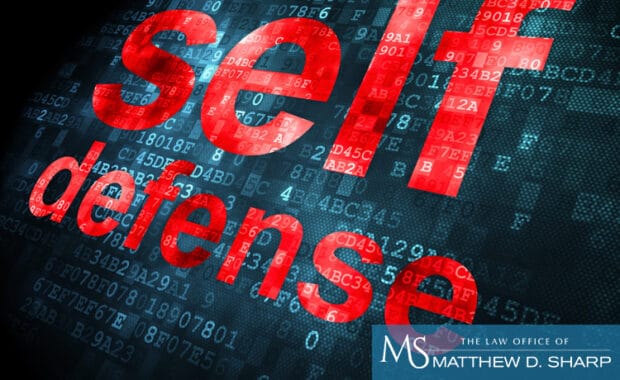The following article was provided by Legal Writer Lauren Williams, for The Law Offices of Michael J. Brennan. The opinions expressed may not reflect those of The Law Office of Matthew D. Sharp.
“Contraband” is a property of any nature used in the commission of various enumerated crimes, including any felony under Tex. Health & Safety Code Ann. ch. 481 of the Texas Controlled Substances Act or Tex. Penal Code Ann. ch. 34 — money laundering. (State v. Ninety Thousand Two Hundred Thirty-Five Dollars &…, 56 Tex. Sup. J. 236 (2012)
Property that is determined to be contraband is subject to seizure by the State. Pursuant to Tex. Code Crim. Proc. art. 59.03(a), a peace officer can seize contraband with a search warrant. Subsection (b) permits the peace officer to seize the contraband without a warrant if:
- The owner, operator, or agent in charge of the property knowingly consents;
- The seizure is incident to a search to which the owner, operator, or agent in charge of the property knowingly consents;
- The property subject to seizure has been the subject of a prior judgment in favor of the state in a forfeiture proceeding under this chapter; or
(4) the seizure was incident to a lawful arrest, lawful search, or lawful search incident to arrest.
The hearing of the forfeiture shall be conducted pursuant to Tex. Code Crim. Proc. art. 59.05.
Hearing
The State must serve notice of a forfeiture proceeding on the owner of the property and any interest holder in the property. The owner of the property is one who claims an equitable or legal ownership interest in the property. The officer who seizes the property has the custody of the property. The person who was in possession of the property at the time it was seized shall be made a party to the proceeding. When the State fails to meet its burden to prove that seized property is contraband under Tex. Code Crim. Proc. Ann. ch. 59, it no longer has the authority to retain the property under that provision.
Civil rules of pleading apply in forfeiture proceedings. Forfeiture proceedings are tried in the same manner as in other civil cases and the State has the burden to prove by a preponderance of the evidence that the property in question is subject to forfeiture. Tex. Code Crim. Proc. Ann. art. 59.05(b). The State also has the burden to show probable cause existed for seizure of the property. Tex. Const. art. I, § 9. Probable cause, in the context of civil forfeiture, is a reasonable belief that a substantial connection exists between the property to be forfeited and the criminal activity defined by the statute. (State v. Ninety Thousand Two Hundred Thirty-Five Dollars &…, 56 Tex. Sup. J. 236 (2012)
When relying on circumstantial evidence, the State must offer evidence that raises more than a mere surmise or suspicion regarding the source of the property or money. However, the State is not required to exclude every possible means by which a person may have acquired the seized property. The trial court may draw any and all reasonable inferences from the circumstances shown by the evidence.
In a Tex. Crim. Proc. Code Ann. ch. 59 forfeiture hearing, the trial court must first determine whether the property in question is indeed “contraband” as defined by the statute. Tex. Code Crim. Proc. Ann. art. 59.01(2) (Supp. 2009); Tex. Code Crim. Proc. Ann. art. 59.05 (2006). Thus, the State must prove, considering all the evidence, that it is more reasonably probable than not that the seized property was either intended for use in, or derived from, a violation of the offenses enumerated in the forfeiture statute. (Vafaiyan v. State, 2010 Tex. App. LEXIS 7273(2010)




